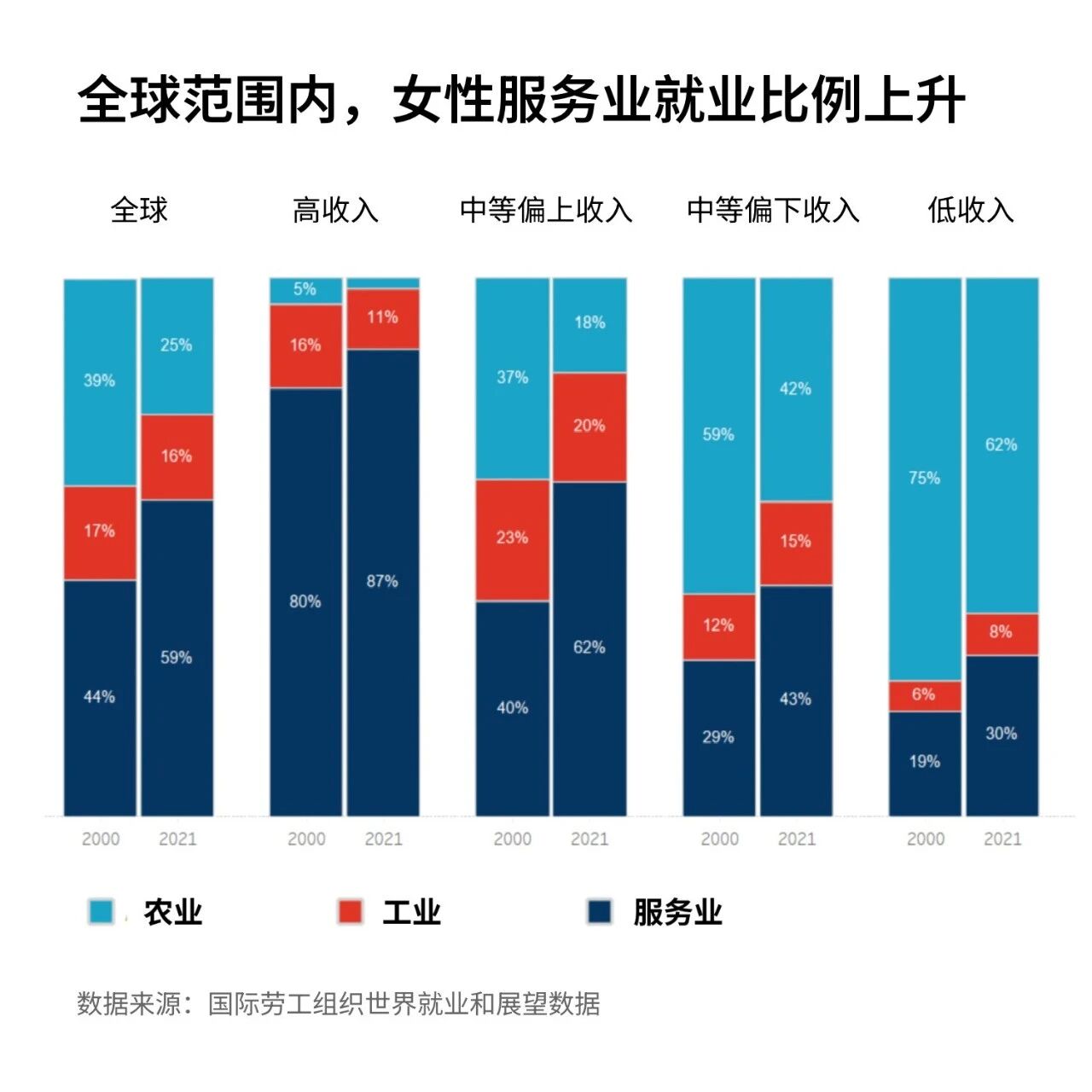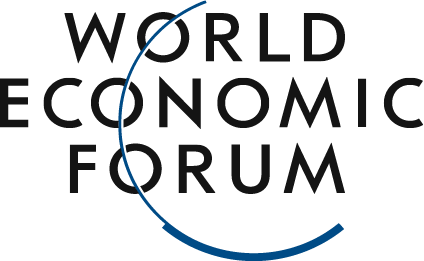
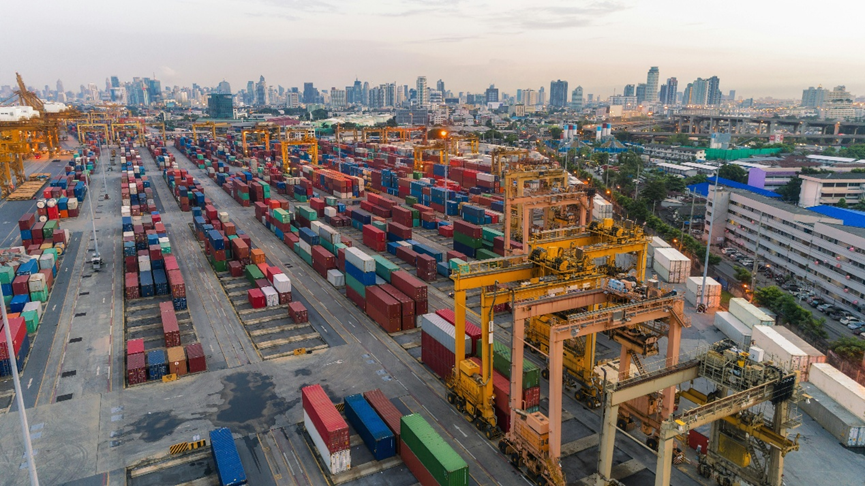
The global economy is facing a series of challenges.
Image source:Reuters / Eduardo Munoz
Spencer Feingold
Digital Editor, World Economic Forum
In recent years, the global economy has been facing a series of challenges.
An economist stated: "People don’t seem to realize that we’re indeed right in the midst of this major transformation."
In recent years, the global economy has been tested and challenged by a variety of factors, ranging from geopolitical divisions to technological transformations.
Currently, short-term economic stability and growth still face various risks. But looking ahead, which trends are likely to continue exerting significant influence on the global economy?
In recent months, the World Economic Forum has interviewed numerous leaders from both the public and private sectors.Chief EconomistPlease ask them to share their views on long-term trends that could reshape the global economy.
Here are the three major trends they identified:
1. Global trade is evolving.
International trade has always been a vital component of the globalized economy. Cross-border exchanges of goods and services have, in fact, fueled the rapid growth of the past century.
"The World Trade Organization's Chief Economist, Ralph Ossa, said: 'This is clearly a fundamental pillar of our prosperity and growth.'"
However, today trade relationships are increasingly intertwined with geopolitical tensions, leading to the fragmentation of the global economy. Experts warn that tariffs and protectionist policies are exacerbating this fragmentation, effectively dividing the world economy into competing blocs—no longer a unified, interconnected system.
"Chief Economist Outlook"It was revealed that in 2024, the number of newly introduced trade-distorting policies by G20 countries (2,402) far exceeded the number of trade-liberalization measures implemented (634). In recent months, the United States has imposed hefty tariffs on key trading partners, sparkingAn eye for an eyeThe cycle of trade restrictions is deepening global economic divisions.
However, Ossa added that while the global economy has indeed seen a certain degree of geopolitical economic fragmentation, "we haven’t yet observed any signs of deglobalization."
2. Demographic changes are impacting the labor market.
Global population and demographic structures are undergoing change. Parts of Africa and AsiaPopulation is growing rapidly.Meanwhile, Europe is showing negative growth.
This kind ofPopulation trends also influence the labor supply., businesses have widely reported that these changes are also reshaping the talent supply landscape. For instance,"2025 Future of Work Report"It was found that 63% of the surveyed companies reported that their inability to attract suitable employees is the primary obstacle to achieving growth.
Nela Richardson, Chief Economist and Head of Environmental, Social, and Governance (ESG) at the ADP Institute, said: "In affluent countries, the aging population trend is evident, with a growing number of working-age individuals approaching retirement. However, looking globally—particularly in Africa and Asia—the labor force of prime working age is expanding. Younger workers are increasingly becoming the backbone of the labor market."
"2025 Future Work Report"It also noted that the ongoing shifts in population structure, particularly the aging workforce and declining labor populations in advanced economies, will become a key driver of evolving skill demands.
Richardson added that establishing a talent mobility mechanism between affluent nations and low- to middle-income countries will be key to driving economic growth.
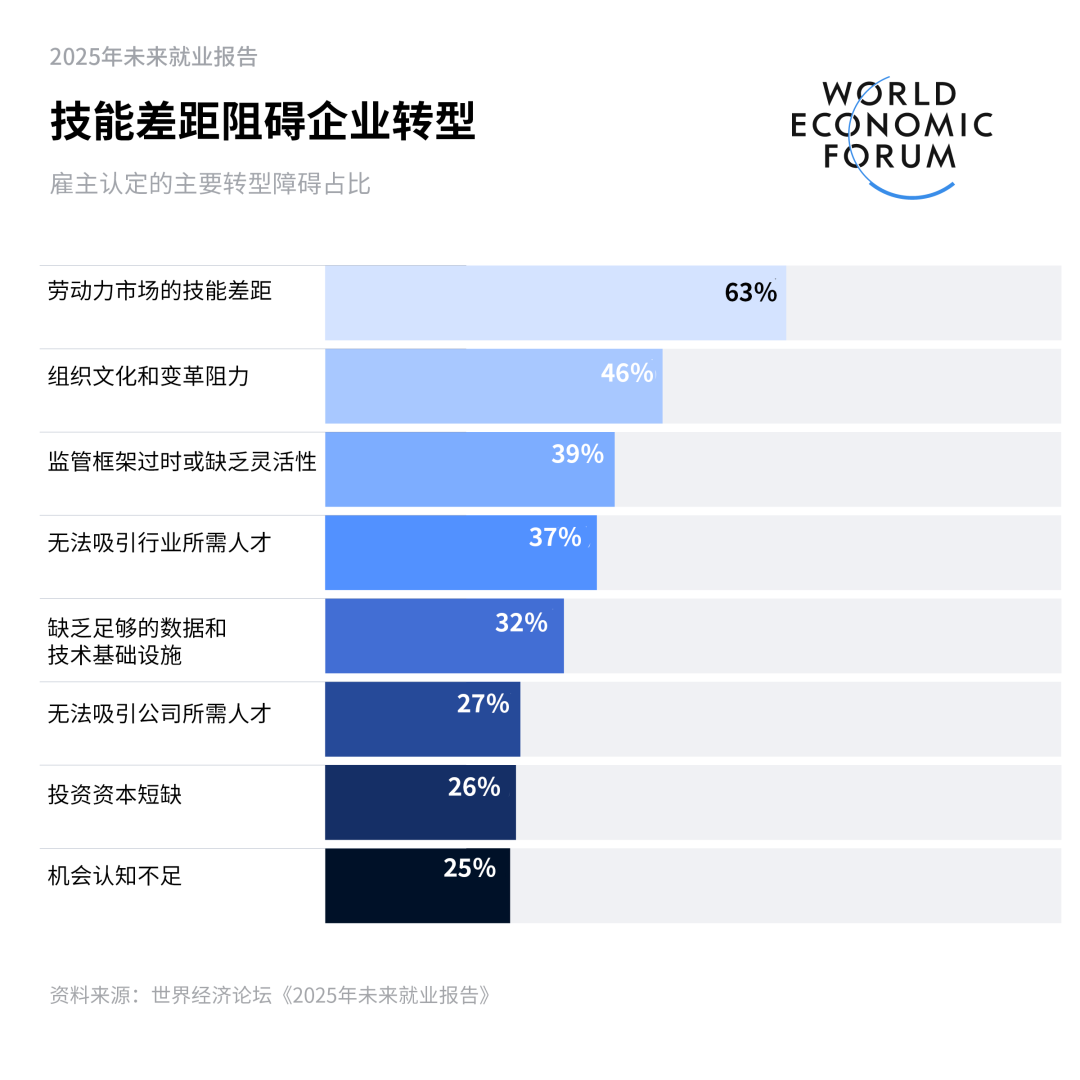
3. Artificial intelligence is redefining productivity.
Artificial intelligence (AI) is reshaping developments in both the public and private sectors, and by 2040, generative AI could potentially generate up to [amount] annually.Boost the global economy by up to $4.4 trillionThe income.
"Tomas Castagnino, Managing Director of Economic Research at Accenture Research, says: 'Generative AI is prompting us to rethink the very concept of productivity. Traditionally, we’ve viewed productivity as either producing the same output with fewer resources—or creating more output using the same amount of resources. But I believe generative AI is shifting this mindset, leading us to see productivity less as about doing more with less, and more as about delivering superior products while consuming even fewer resources.'"
While receiving"2025 Future of Work Report"Among the more than 1,000 employers surveyed, the vast majority (86%) believe that AI and information-processing technologies are expected to transform their business models by 2030. The report also highlights that generative AI has the potential to enhance core human skills while empowering lower-skilled employees to take on tasks that traditionally require "expert-level" expertise.
Economists say that boosting productivity is one of the biggest benefits AI can bring to both businesses and employees. Moreover, these advantages may become evident more quickly than with other transformative technologies.
Paul Gruenwald, S&P Global’s Chief Economist for the Americas, said: "There seems to be a widespread belief that AI technology could take hold and reshape industries even more rapidly than computers did in their day. We’re confident that AI will undoubtedly drive some form of progress."
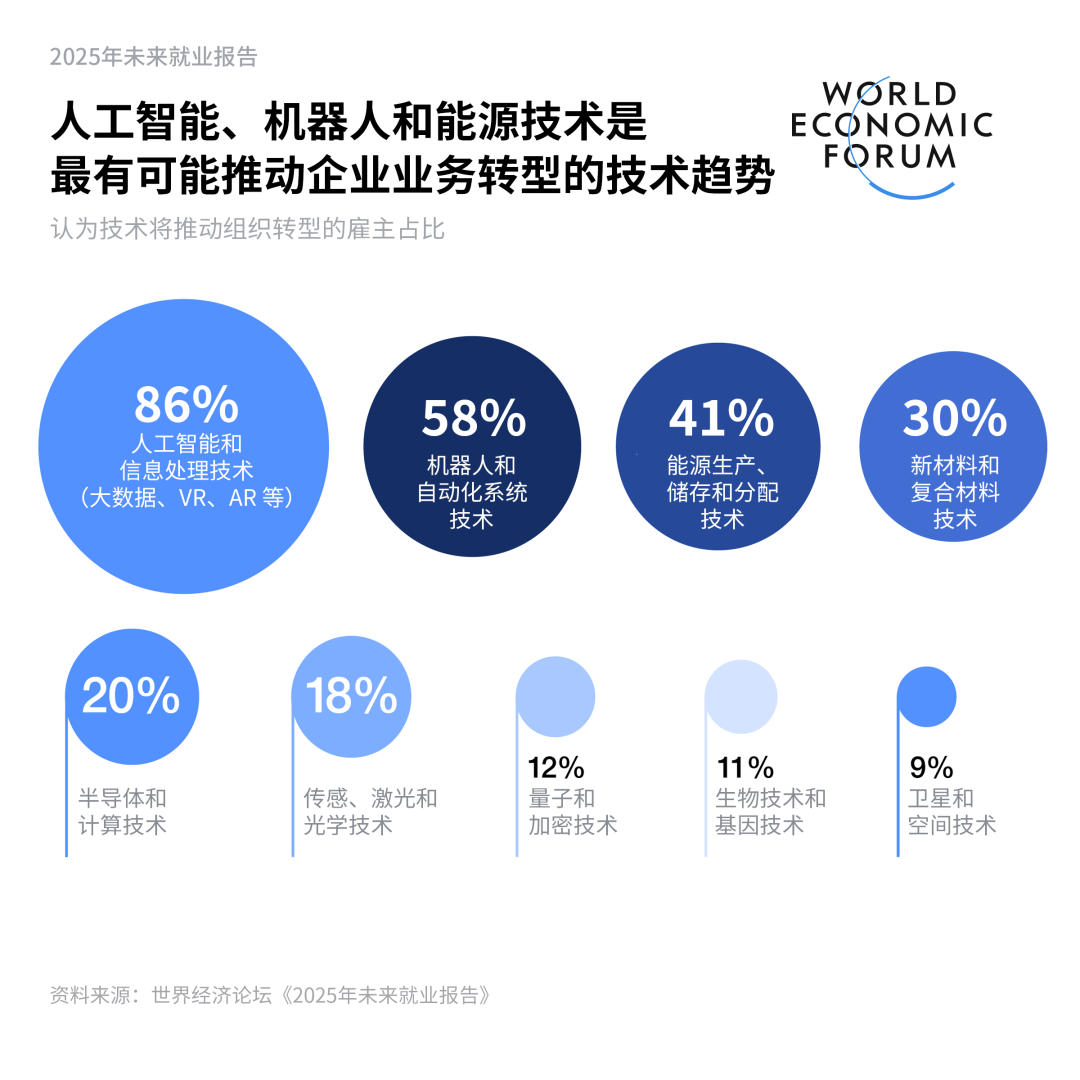
"Reimagining" the future
Experts emphasize that understanding long-term economic trends is crucial for fostering sustainable and inclusive growth. Moreover, analyzing these shifts can help ensure robust investment in the global economy, strengthening its resilience to withstand diverse challenges and shocks.
Rima Bhatia, Economic Advisor at Gulf International Bank Group, said: "People don’t seem to realize that we’re indeed in the midst of a major transformation. We’re reimagining how industries and sectors operate, reshaping the future landscape within a more sustainable framework."
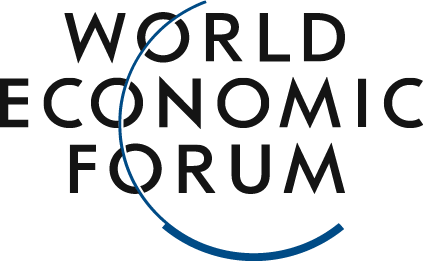
The above content solely represents the author's personal views.This article is translated from the World Economic Forum's Agenda blog; the Chinese version is for reference purposes only.Feel free to share this in your WeChat Moments; please leave a comment at the end of the article or on our official account if you’d like to republish.
Translated by: Sun Qian | Edited by: Wan Ruxin
The World Economic Forum is an independent and neutral platform dedicated to bringing together diverse perspectives to discuss critical global, regional, and industry-specific issues.
Follow us on Weibo, WeChat Video Accounts, Douyin, and Xiaohongshu!
"World Economic Forum"

